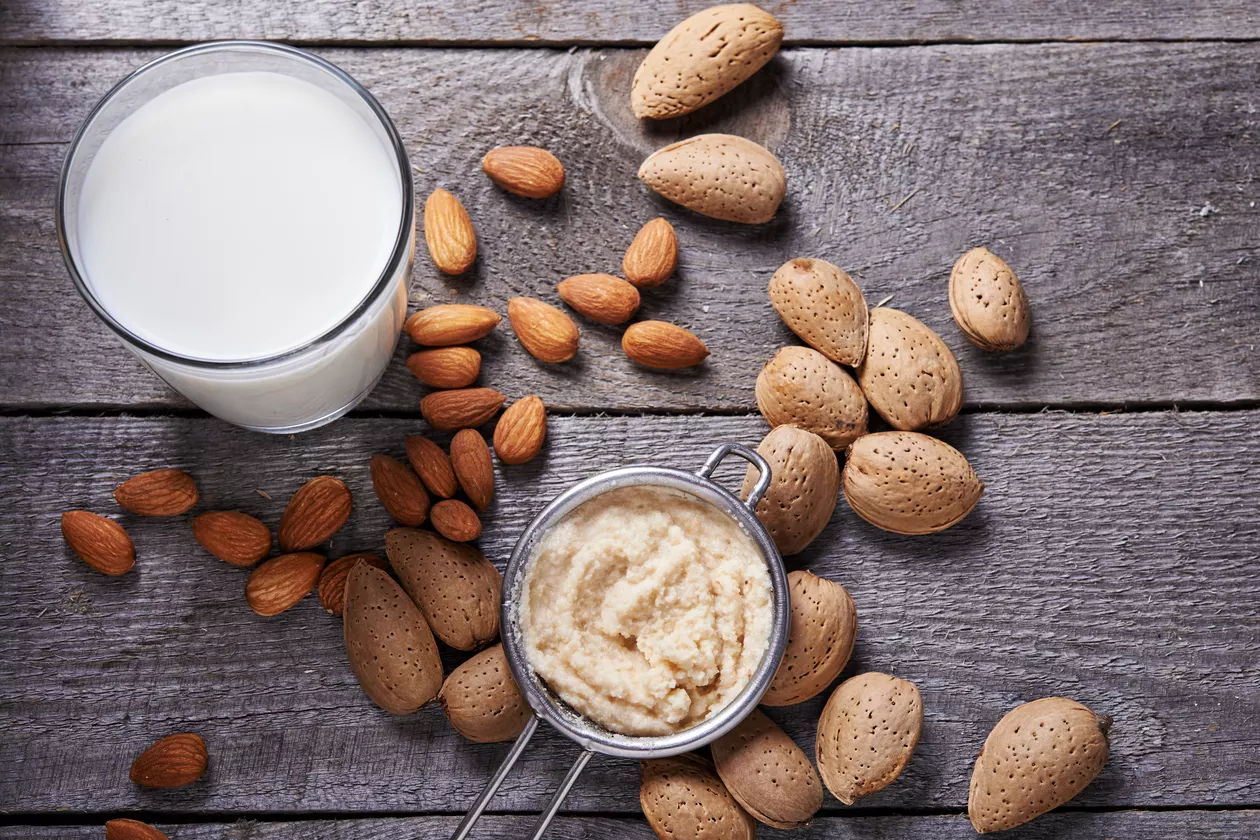How healthy is silk almond milk?
The market for alternative milk has grown significantly in recent years, and Silk Almond Milk has emerged as a leader in the shift to plant-based milk. Knowing the nutritional makeup of dairy-free products is important as more individuals experiment with them. We examine the advantages and drawbacks of silk almond milk as it relates to health in this blog post.
The Benefit of Silk Almond Milk:
Low Calorie: When compared to regular cow’s milk, Silk Almond Milk is notable for having fewer calories. This is a good choice for people who are worried about their weight because it can help with calorie management.
Lactose-Free: Silk Almond Milk is a great option for people who are intolerant to lactose. It has a creamy texture without causing any discomfort in the digestive tract like dairy products do.
Fortified with minerals: A number of Silk Almond Milk products are enhanced with vital minerals including calcium and vitamin D, assisting customers in fulfilling their daily needs for strong bones. Concerns over possible vitamin inadequacies in a plant-based diet are addressed by these fortifications.
Heart-Healthy: Rich in monounsaturated and polyunsaturated fats, almonds—the main ingredient in Silk Almond Milk—are proven to lower LDL cholesterol levels, which in turn promote heart health. One may view the almonds in Silk Almond Milk as a heart-healthy dietary complement.

Taking into Accounts and Possible Issues:
Low in Protein: Although silk almond milk has several advantages over cow’s milk, it generally has less protein. Those who depend on plant-based substitutes should make sure their diets provide them with enough protein from other sources.
Added Sugars: To improve flavor, some Silk Almond Milk variants could have added sugars. To reduce their intake of sugar, customers should read labels and choose unsweetened varieties.
Nut Allergies: Because Silk Almond Milk is made from almonds, people who are allergic to nuts should proceed with caution. For people who are allergic to nuts, alternative milk options like soy or oat milk can be more appropriate.
Environmental Considerations: Although the production of silk almond milk is less harmful to the environment than conventional dairy farming, the intense use of water in almond agriculture has drawn criticism. Understanding how almond production affects the environment as a whole is crucial.
In summary, Silk Almond Milk presents a wholesome and adaptable substitute for those pursuing a plant-based diet. Silk Almond Milk contains few calories, is fortified with vital nutrients, and has heart-healthy qualities, making it a beneficial supplement to a diet that is well-balanced. Customers should, however, be aware of potential factors such protein content, added sugars, and environmental impact in order to make decisions that are in line with their beliefs and health objectives.
Can you drink silk almond milk straight?
Indeed, you can sip Silk Almond Milk directly from the bottle. Like regular cow’s milk, it’s a ready-to-drink beverage that can be savored on its own. It’s a pleasant and refreshing substitute for dairy milk for many individuals. Silk Almond Milk can be served chilled and is frequently used in a variety of recipes, including cereal, smoothies, and just as a drink to go with meals.
There are three types of Silk Almond Milk available: chocolate, vanilla, and original. You can select the flavor that best meets your taste. Silk also comes in sweetened and unsweetened varieties, so you can choose the one that corresponds to your preferred sweetness level. For individuals looking for a dairy-free substitute or researching plant-based milk alternatives, this is a flexible and practical choice.
Is silk almond milk better than 2% milk?
Considerations like protein, fat, calories, lactose and dairy allergies, and fortification make Silk Almond Milk a better option than 2% milk. It’s plant-based, lower in calories, and has a thinner consistency with a nutty flavor. Compared to conventional dairy farming, it has a smaller environmental impact and is appropriate for vegans and vegetarians. However, 2% milk can be a better option if you require extra protein or if you like the flavor and texture of cow’s milk. It’s important to take your unique dietary requirements and tastes into account while deciding between these two drinks.
Read more Articles like
How can I brighten my skin naturally with 8 Steps
